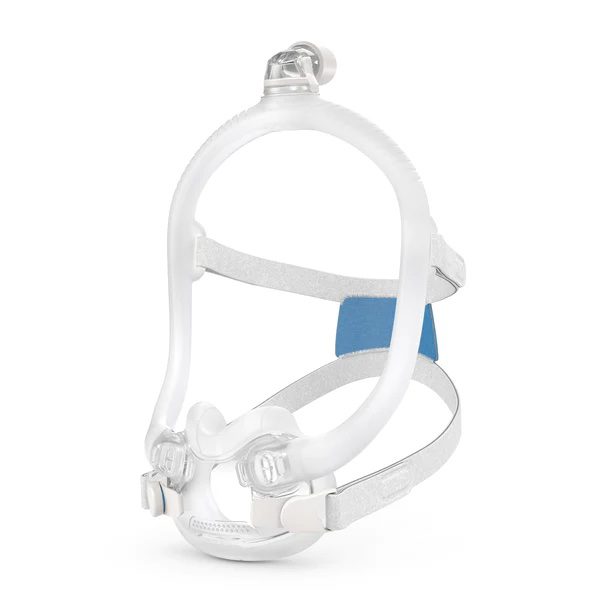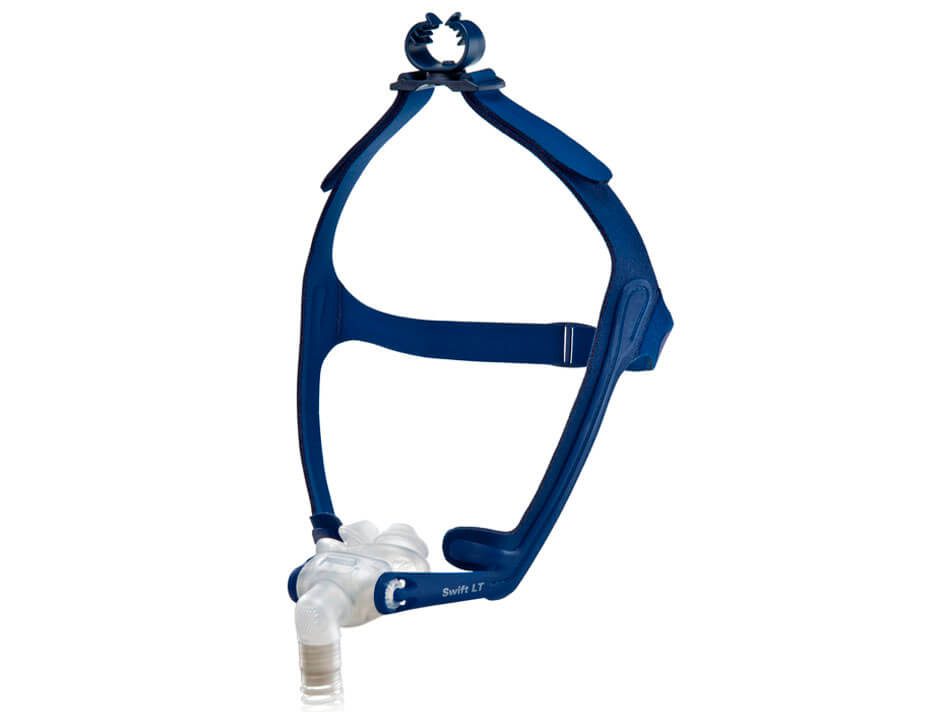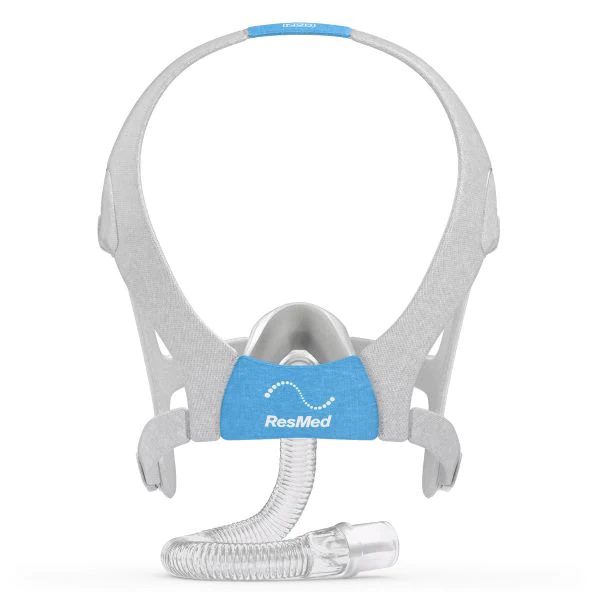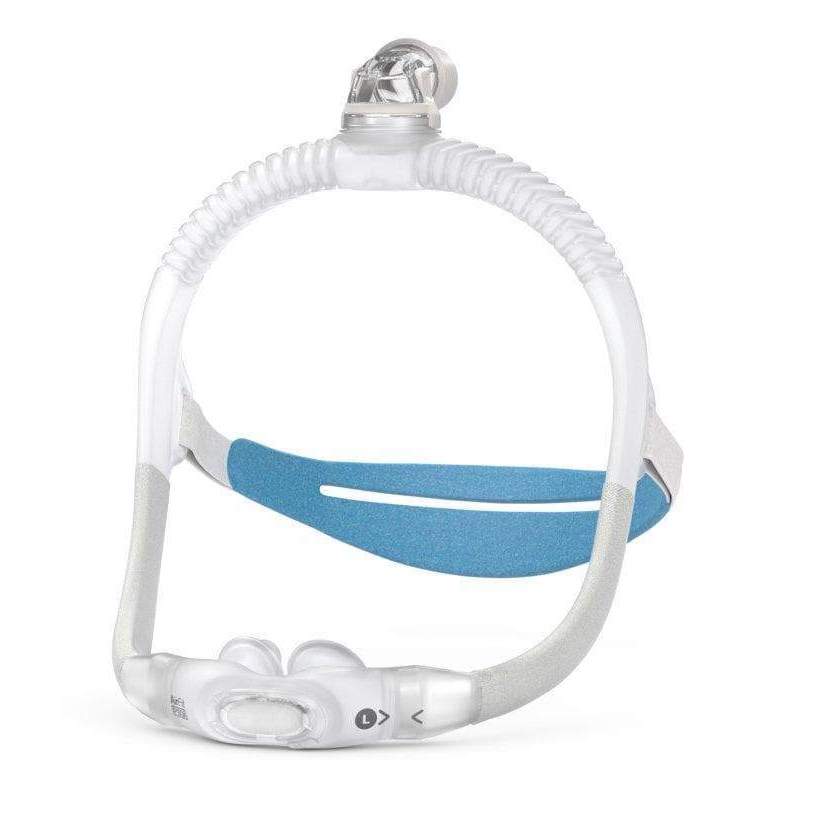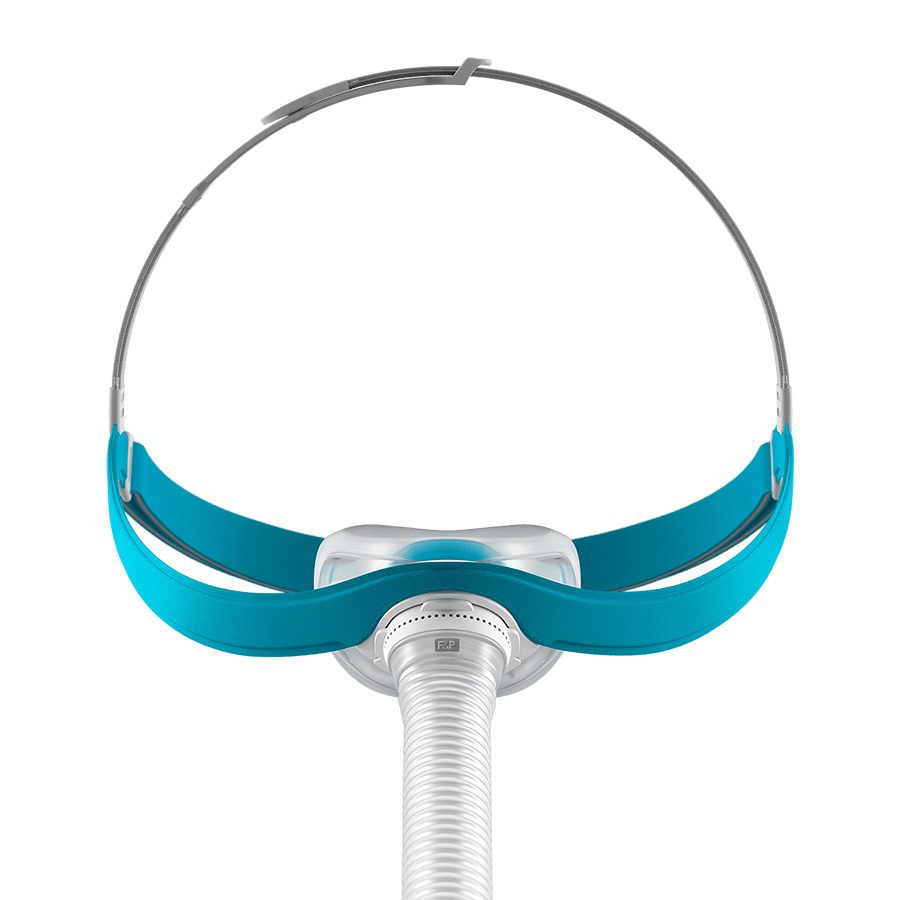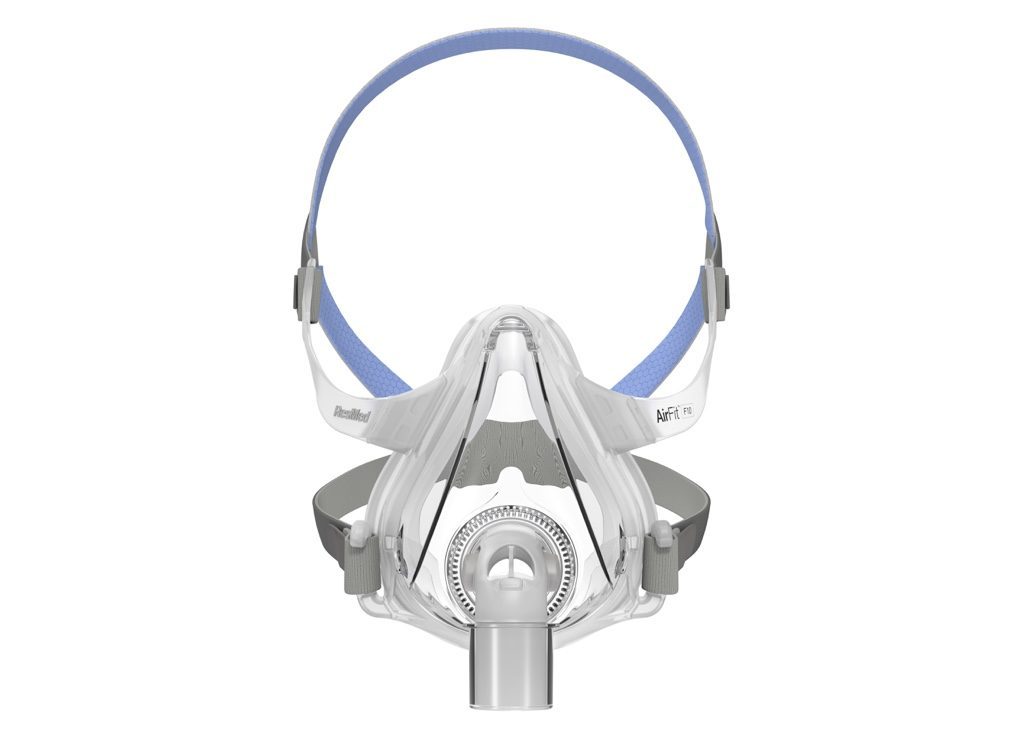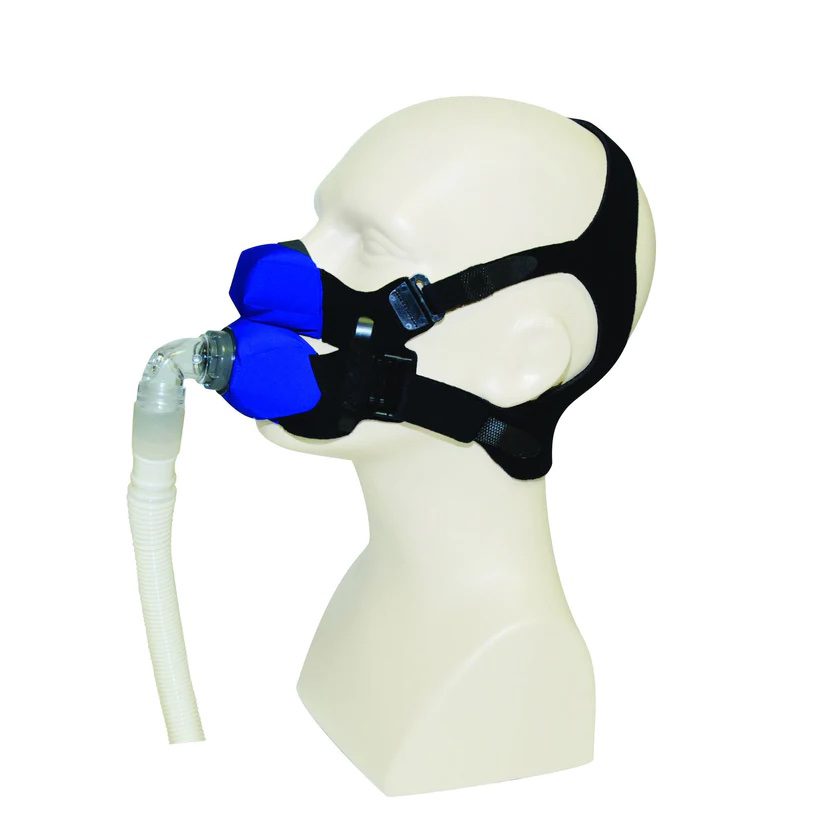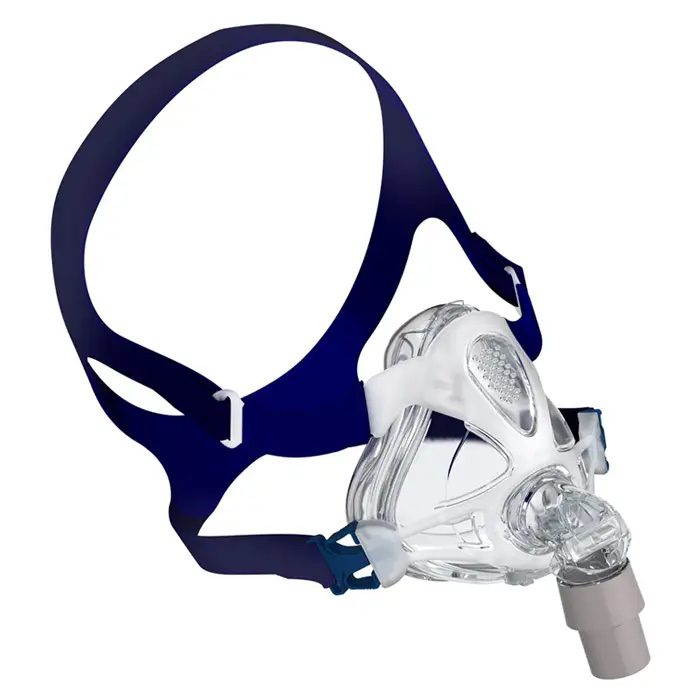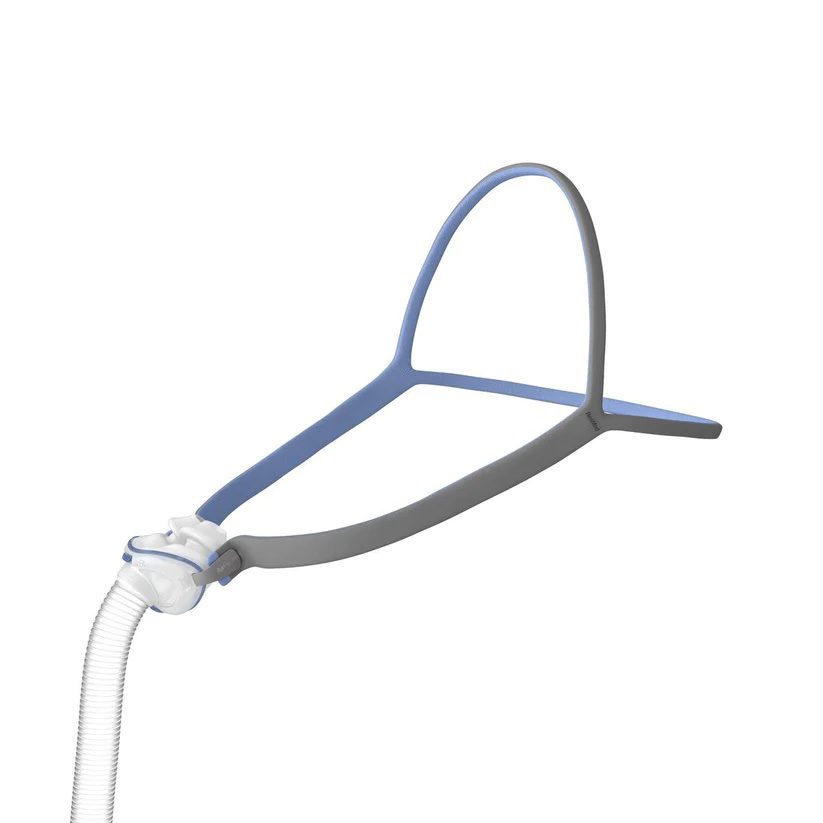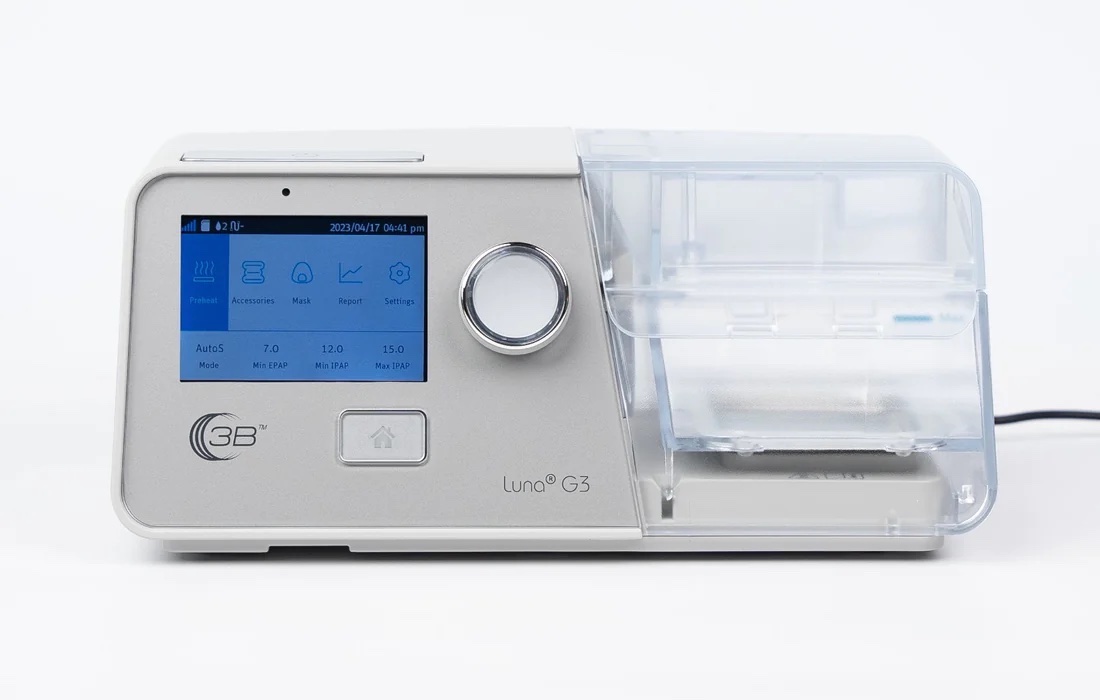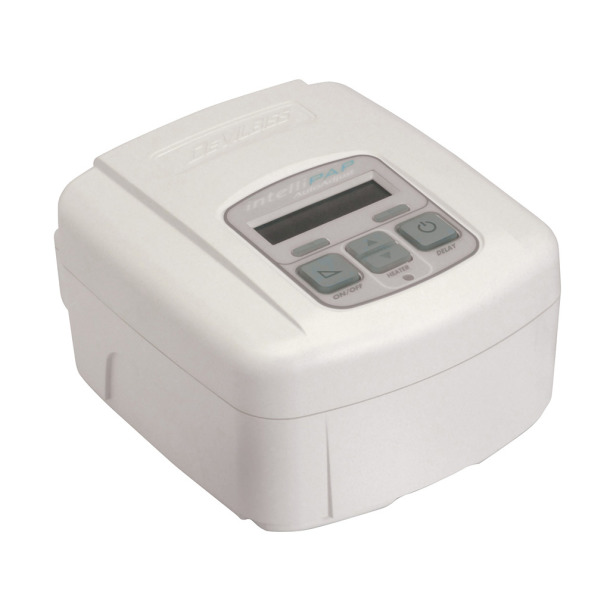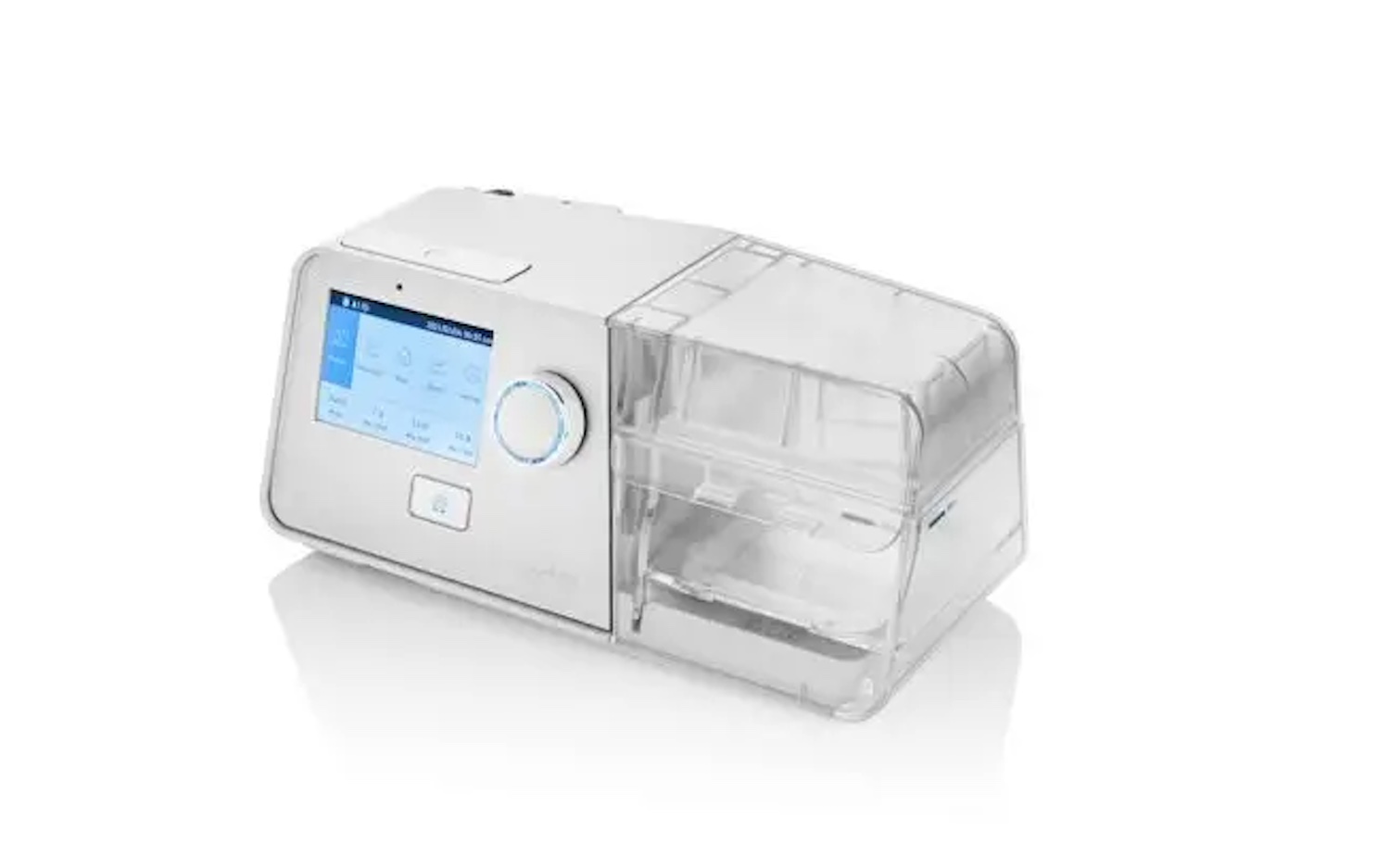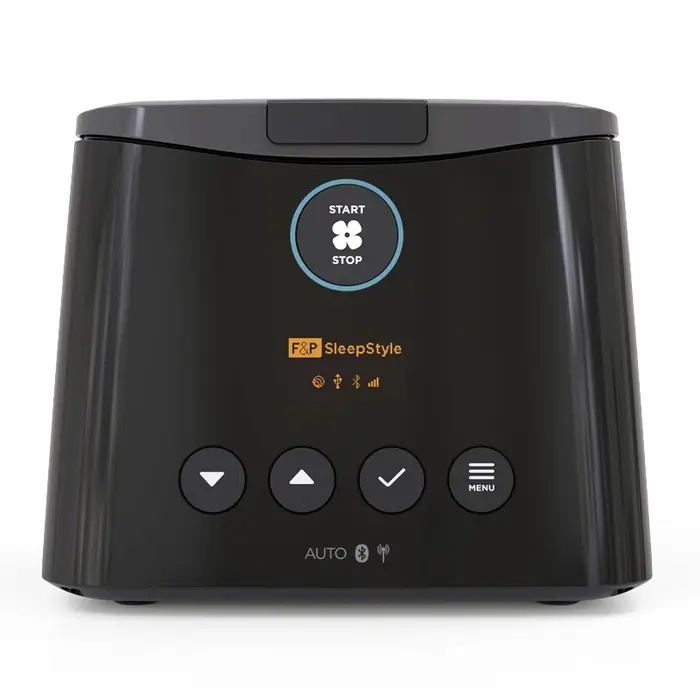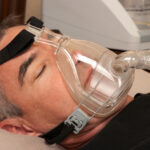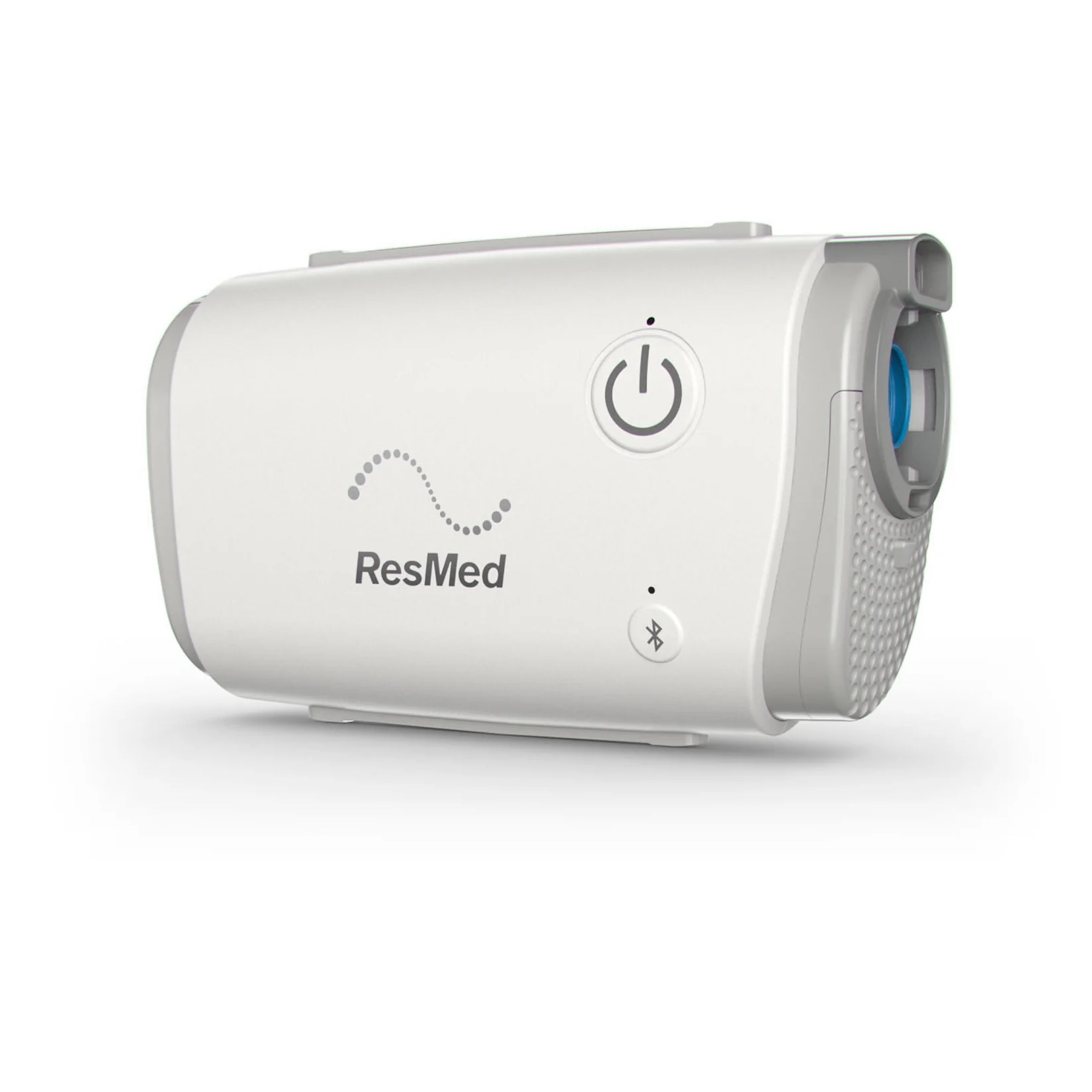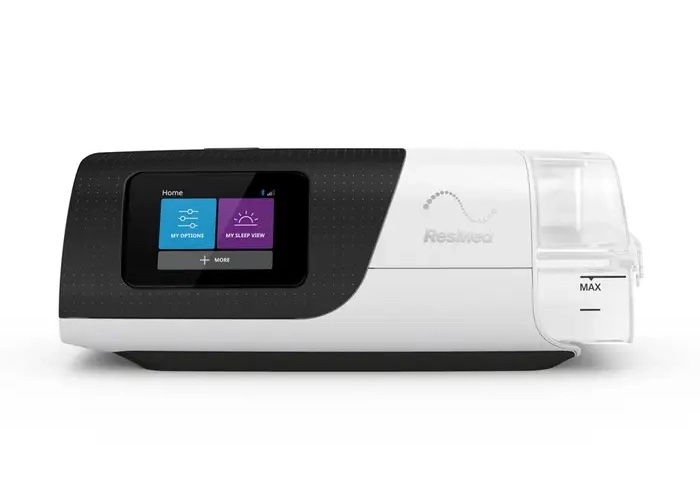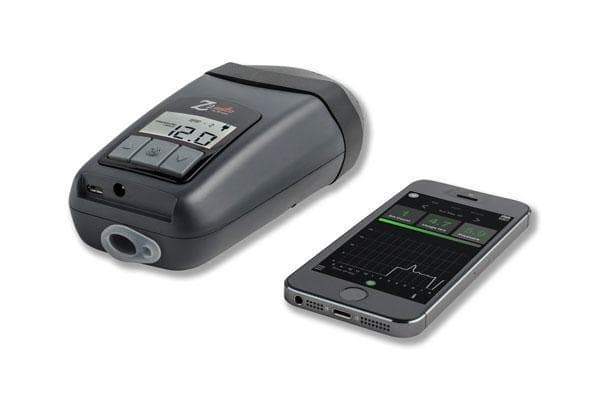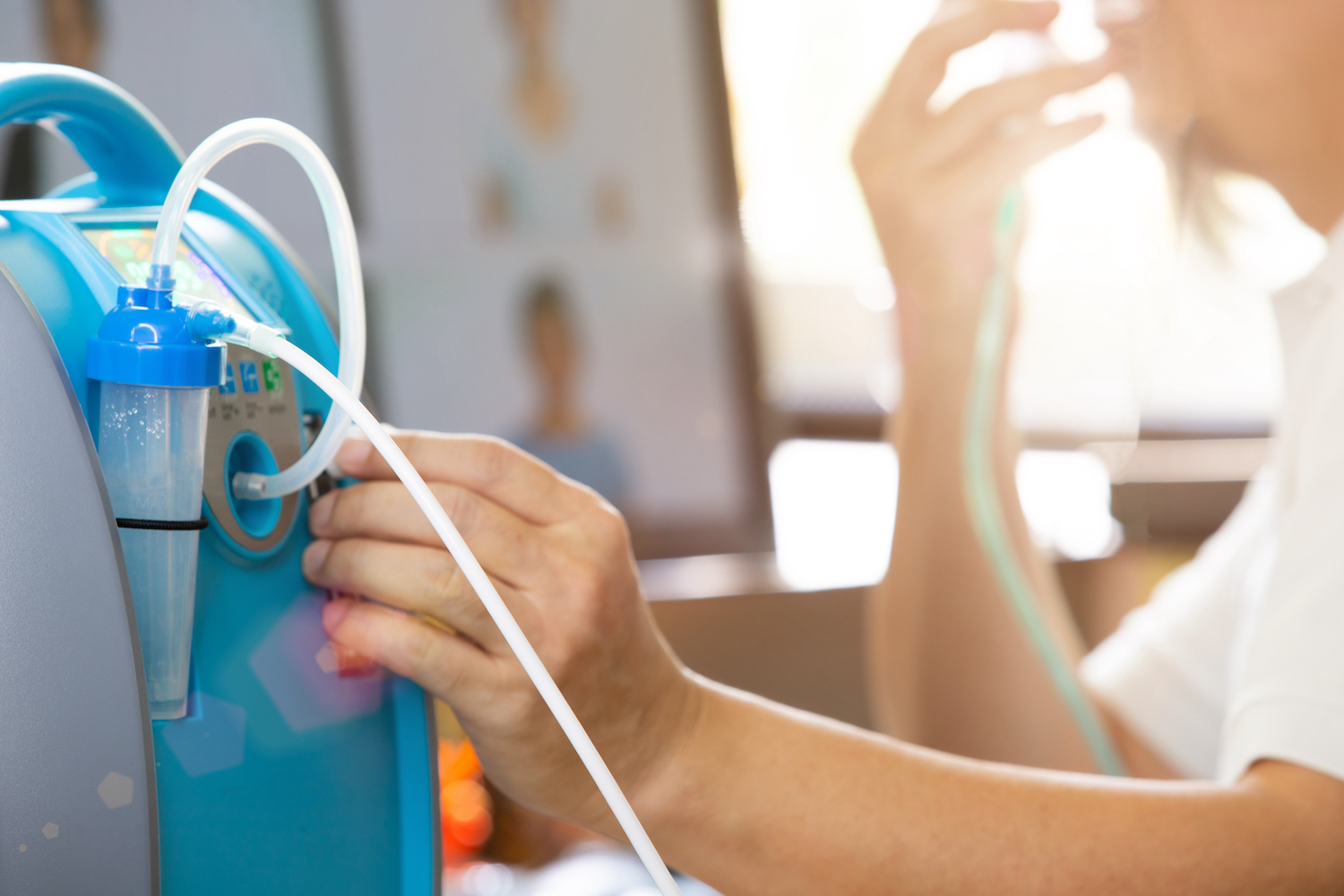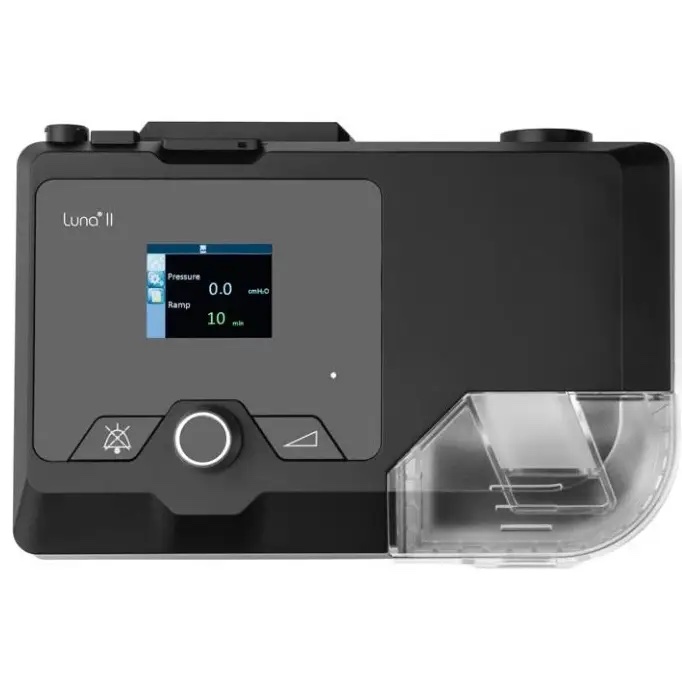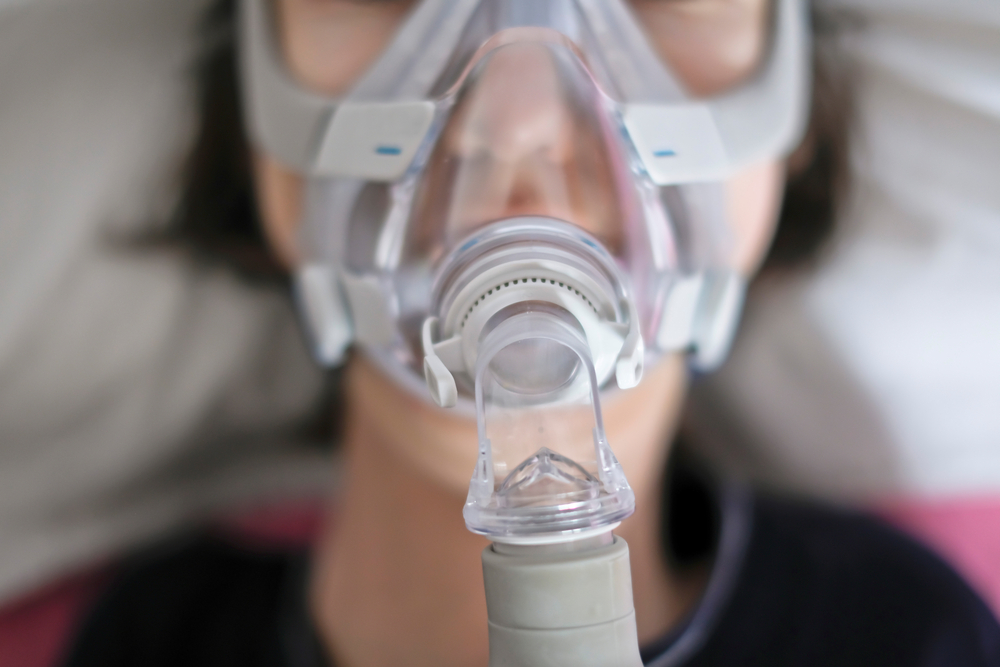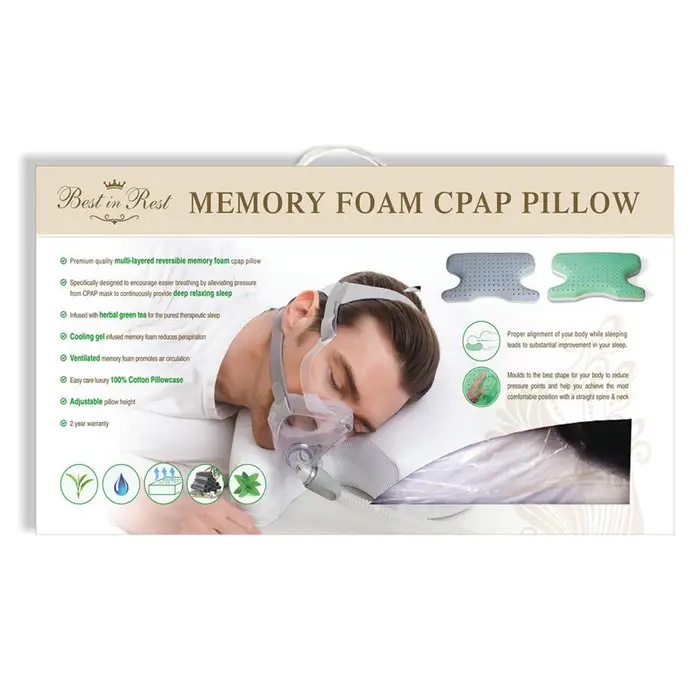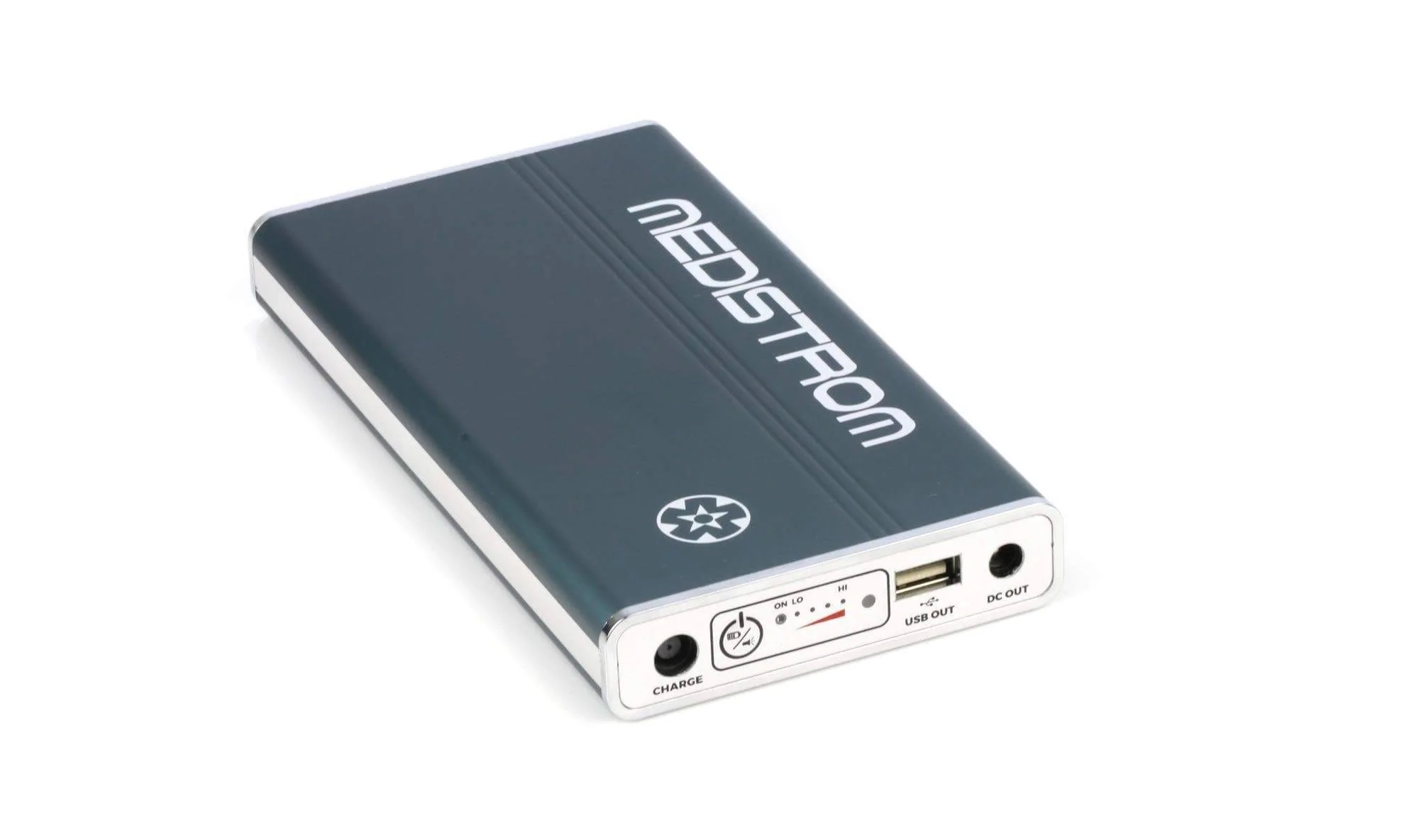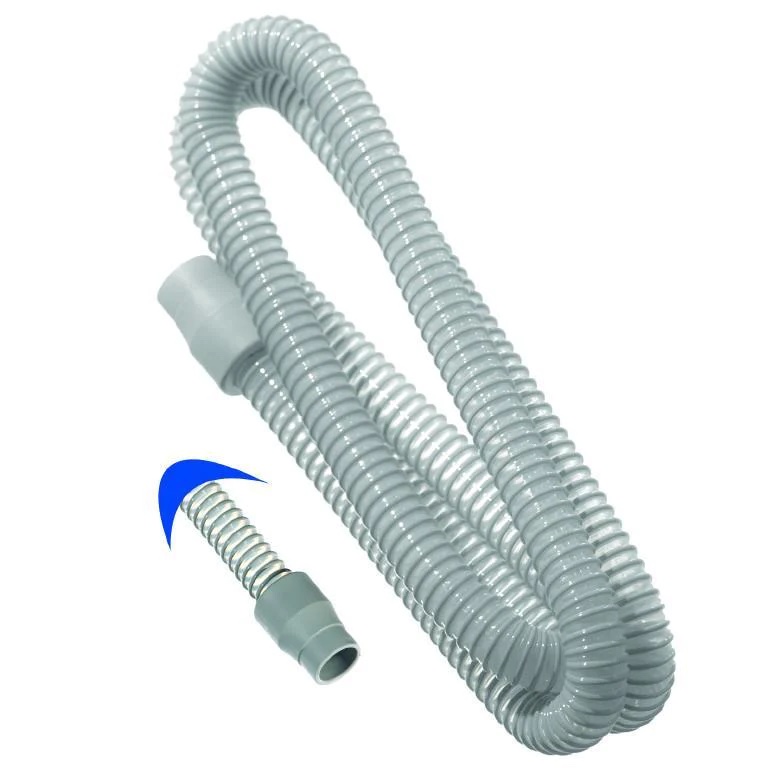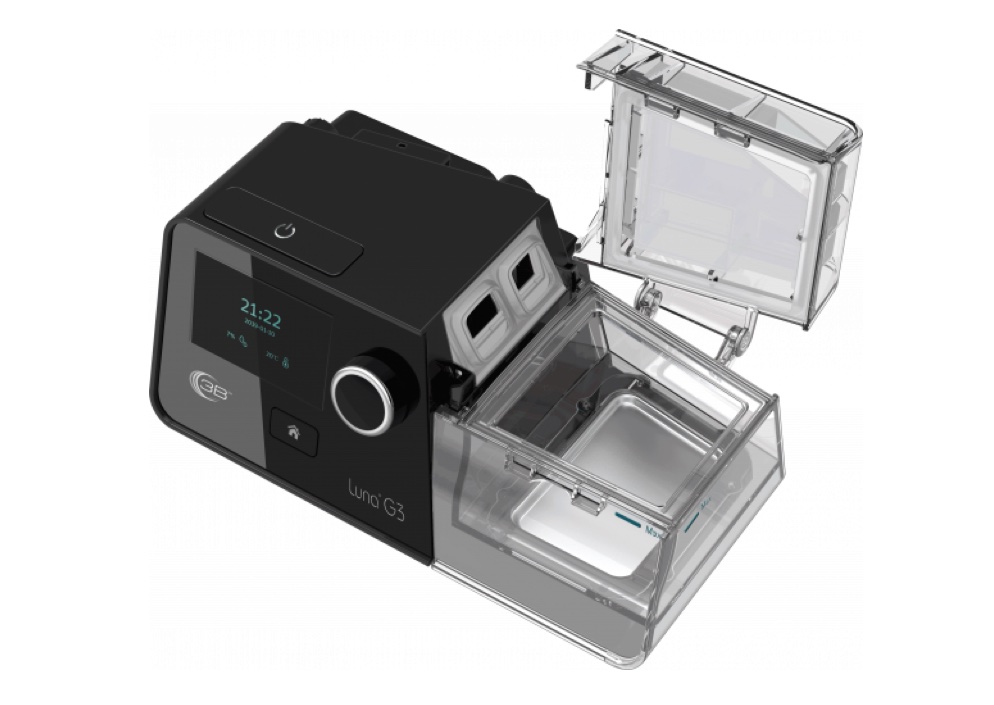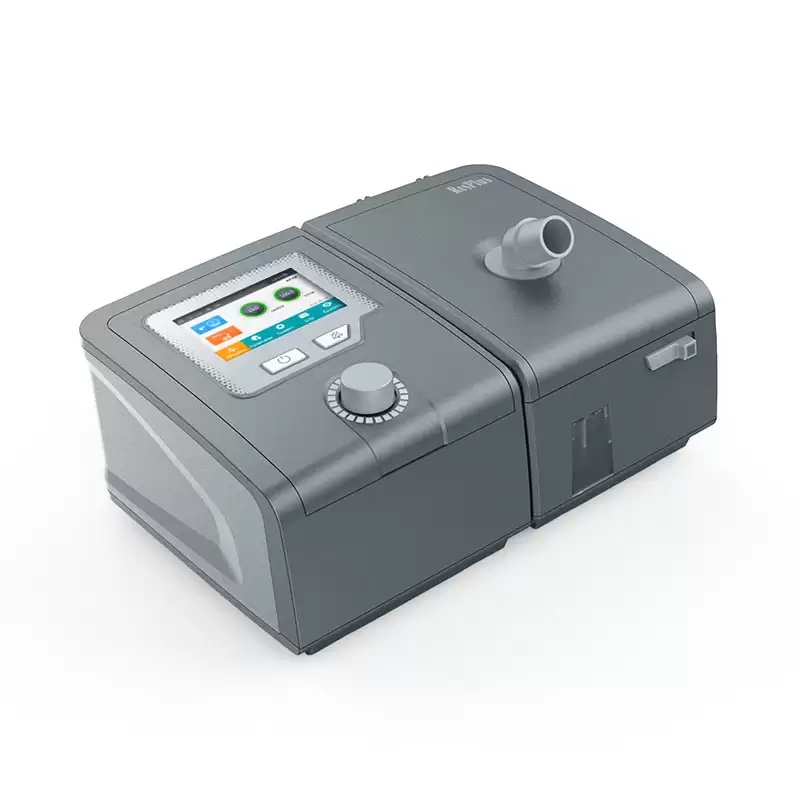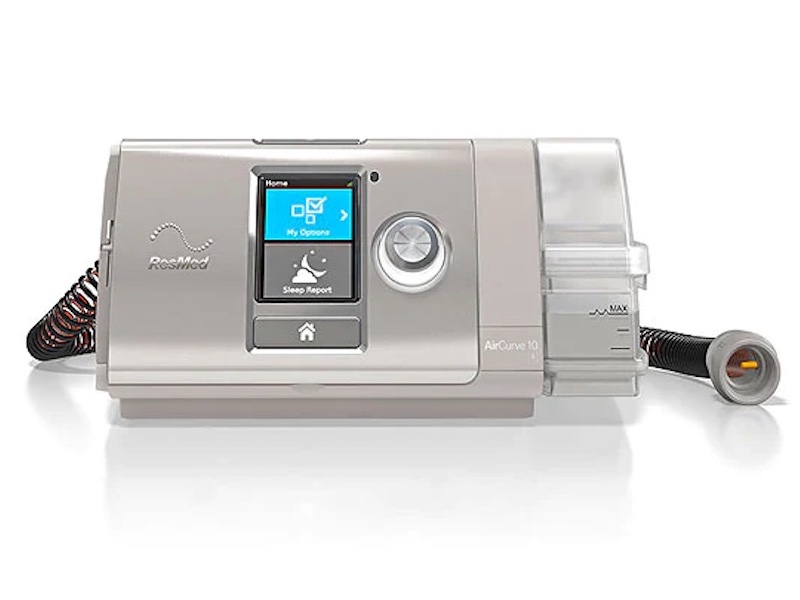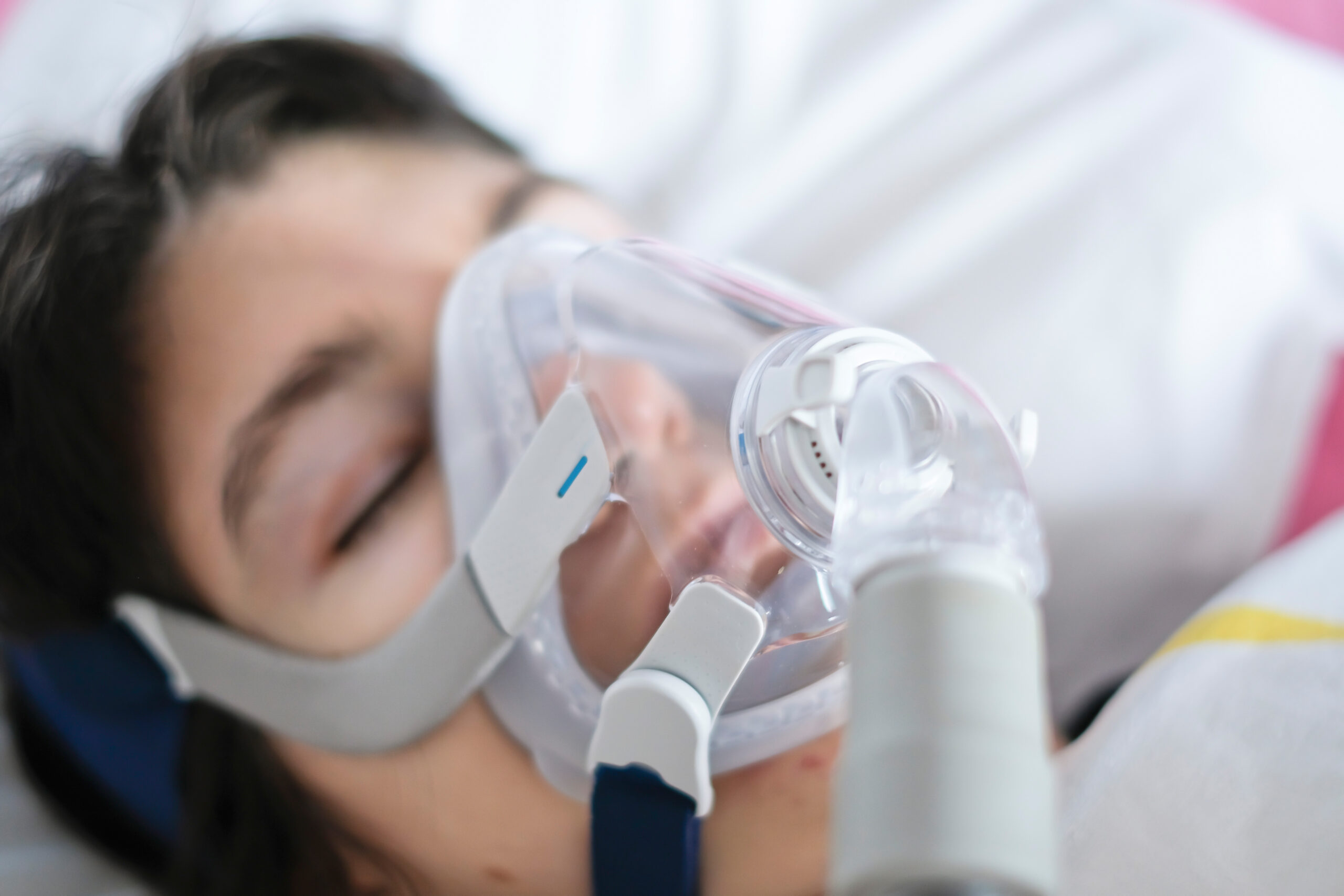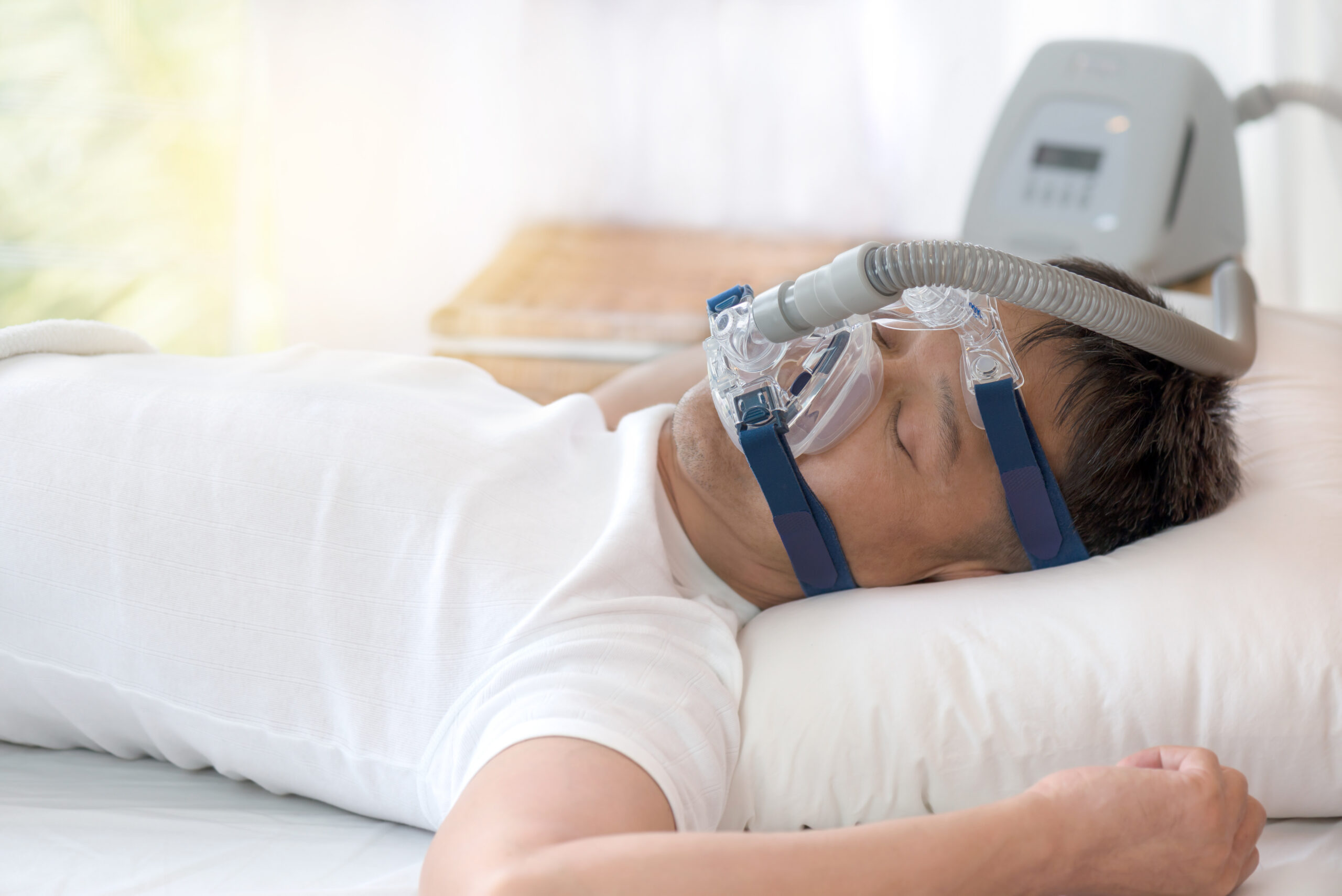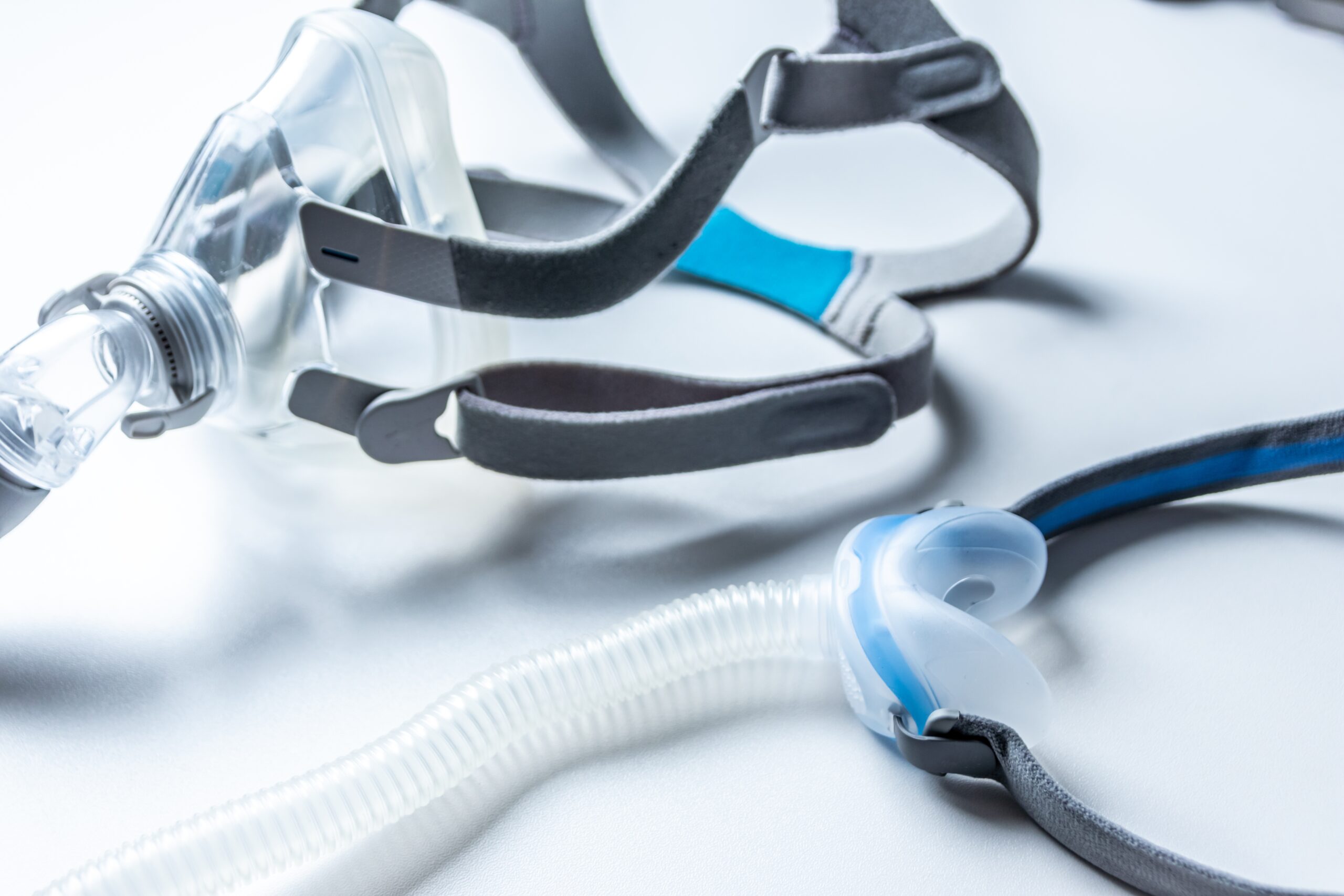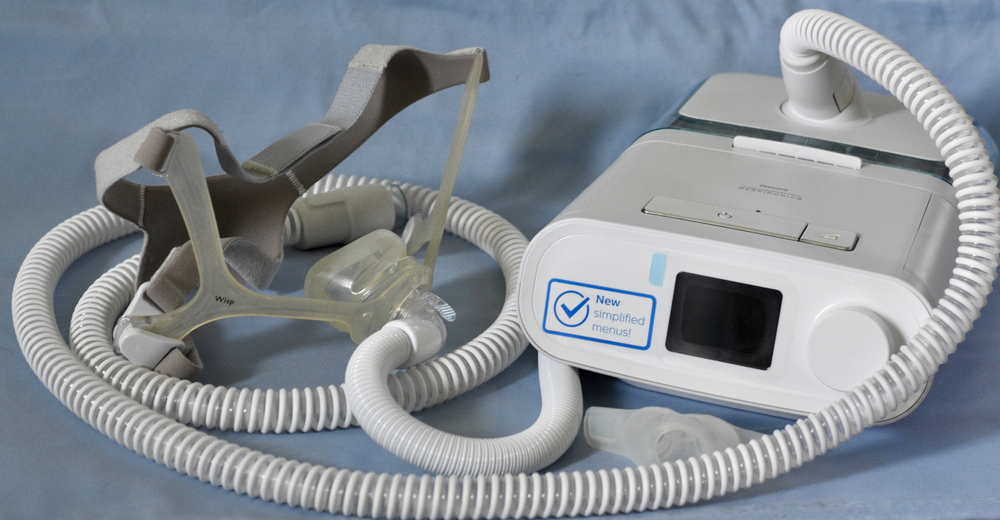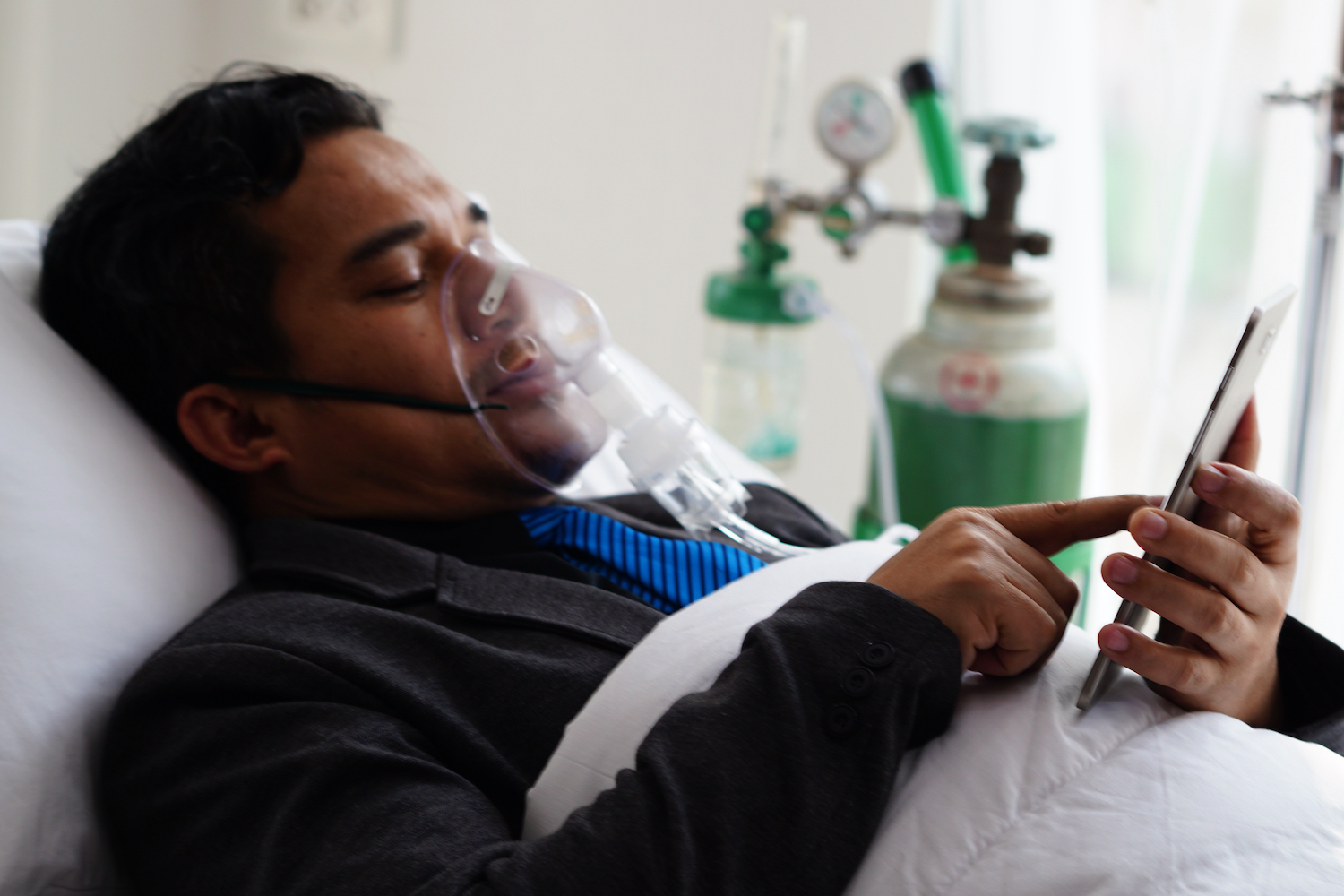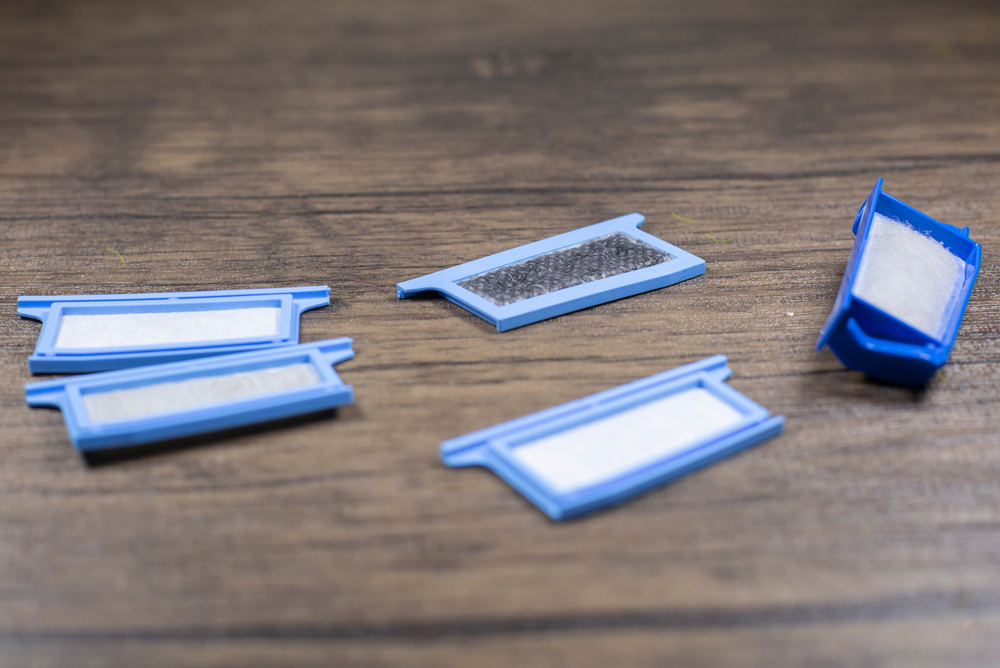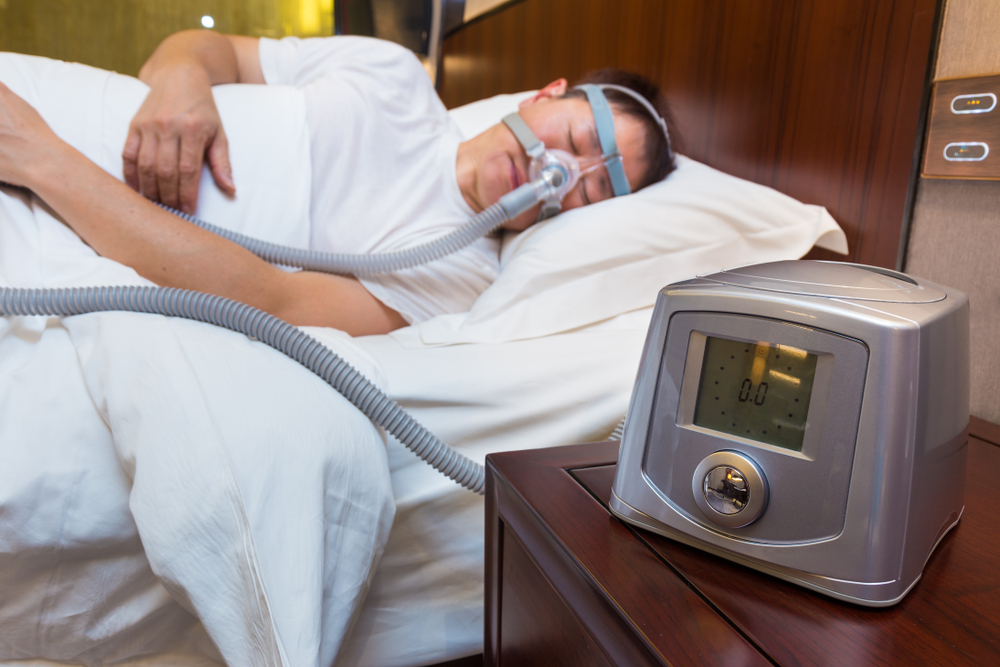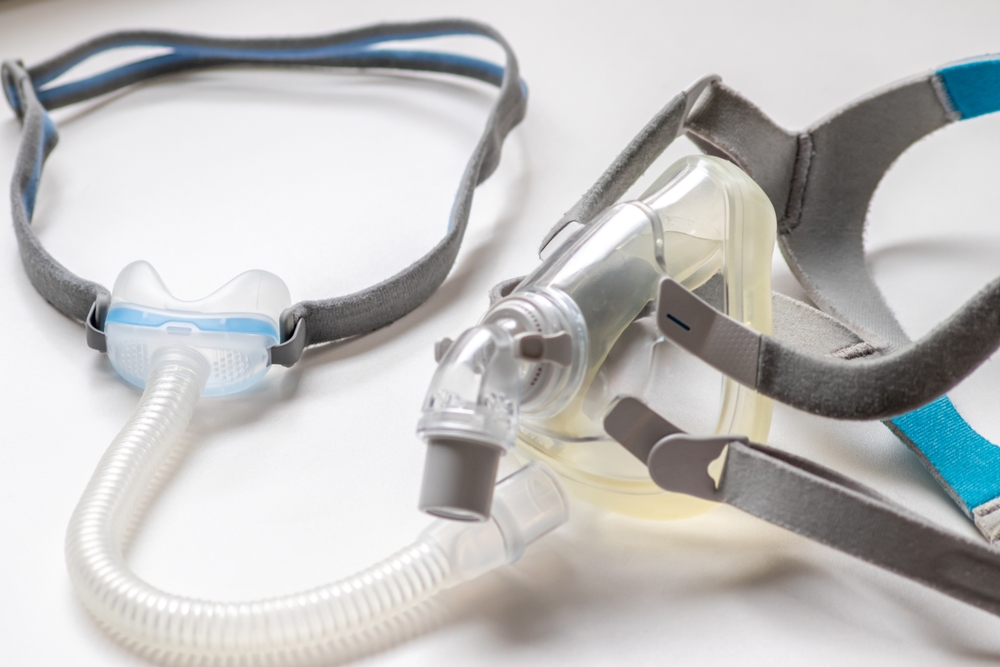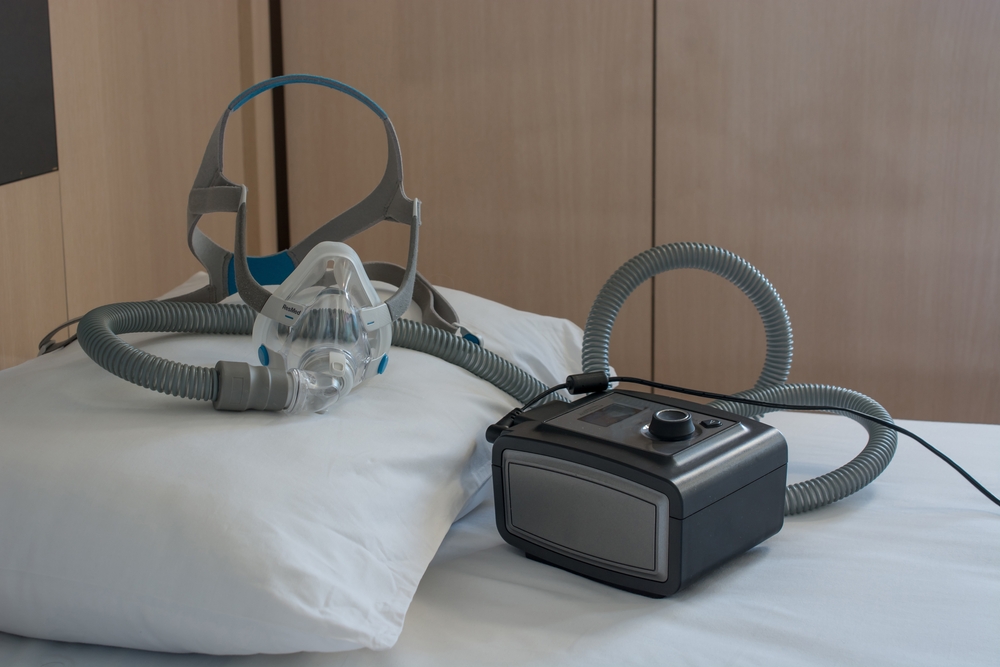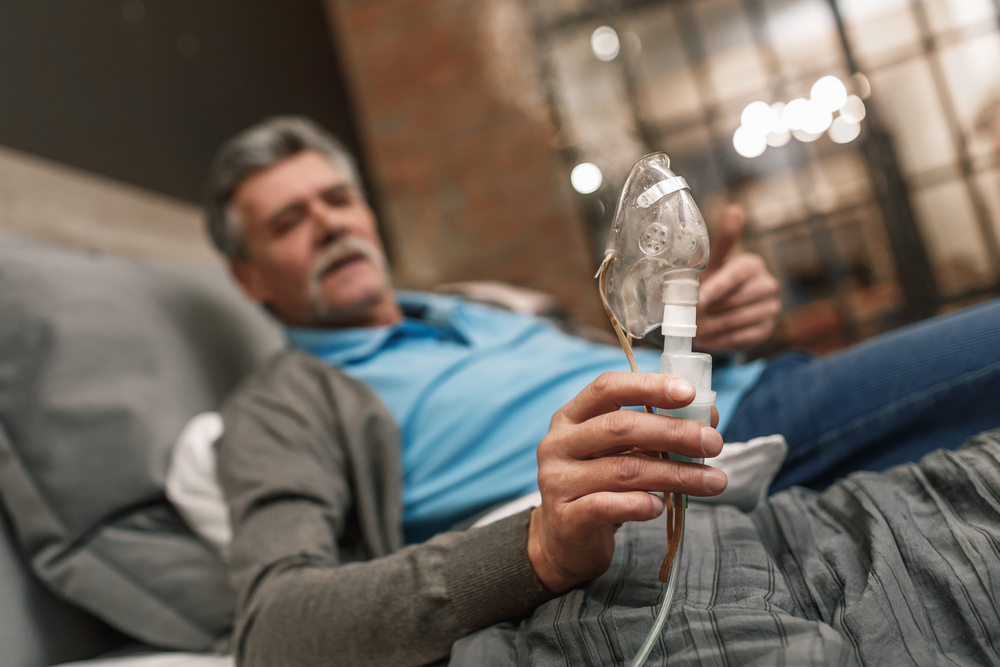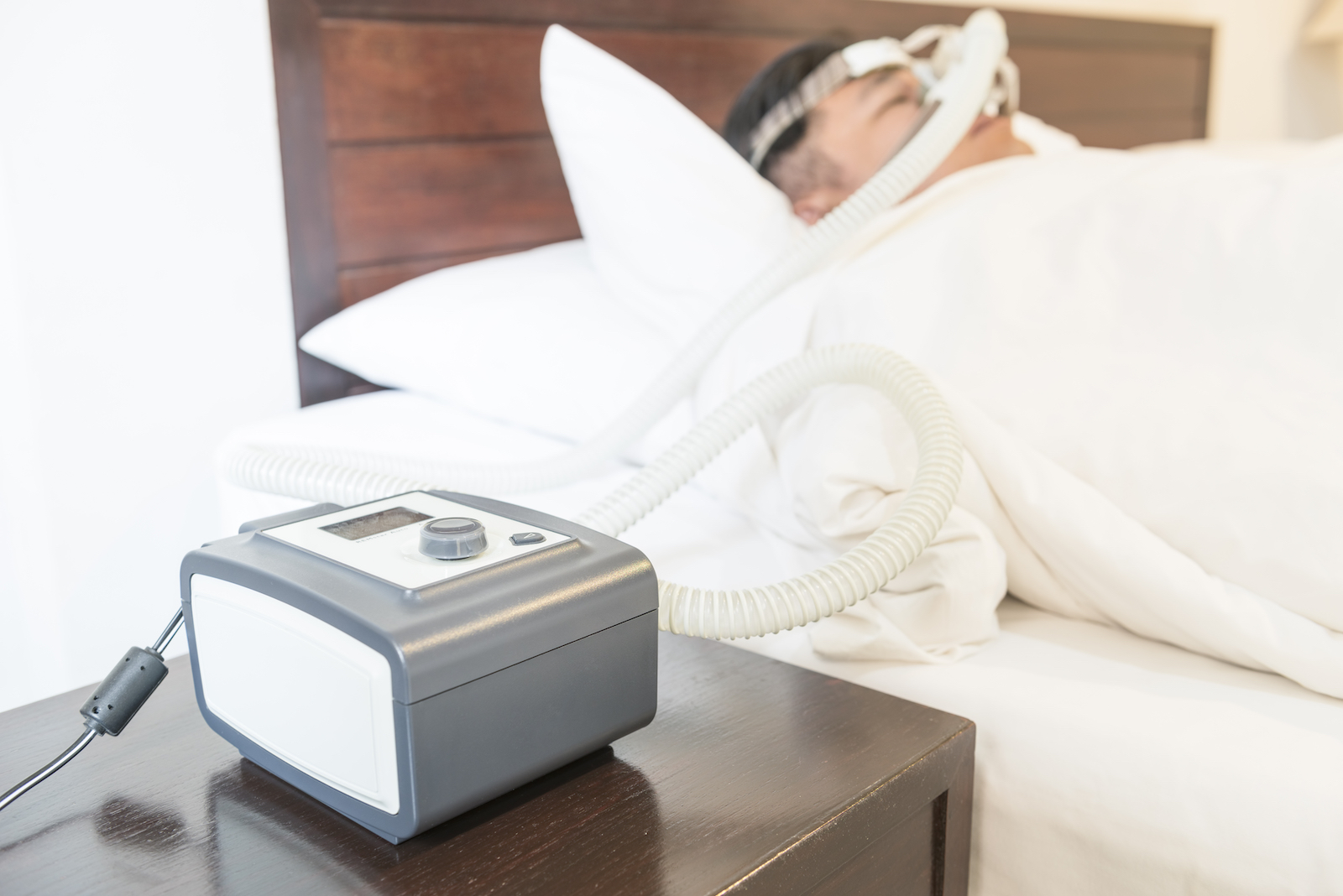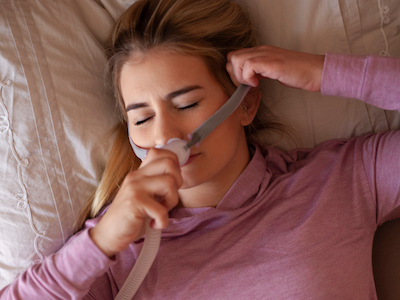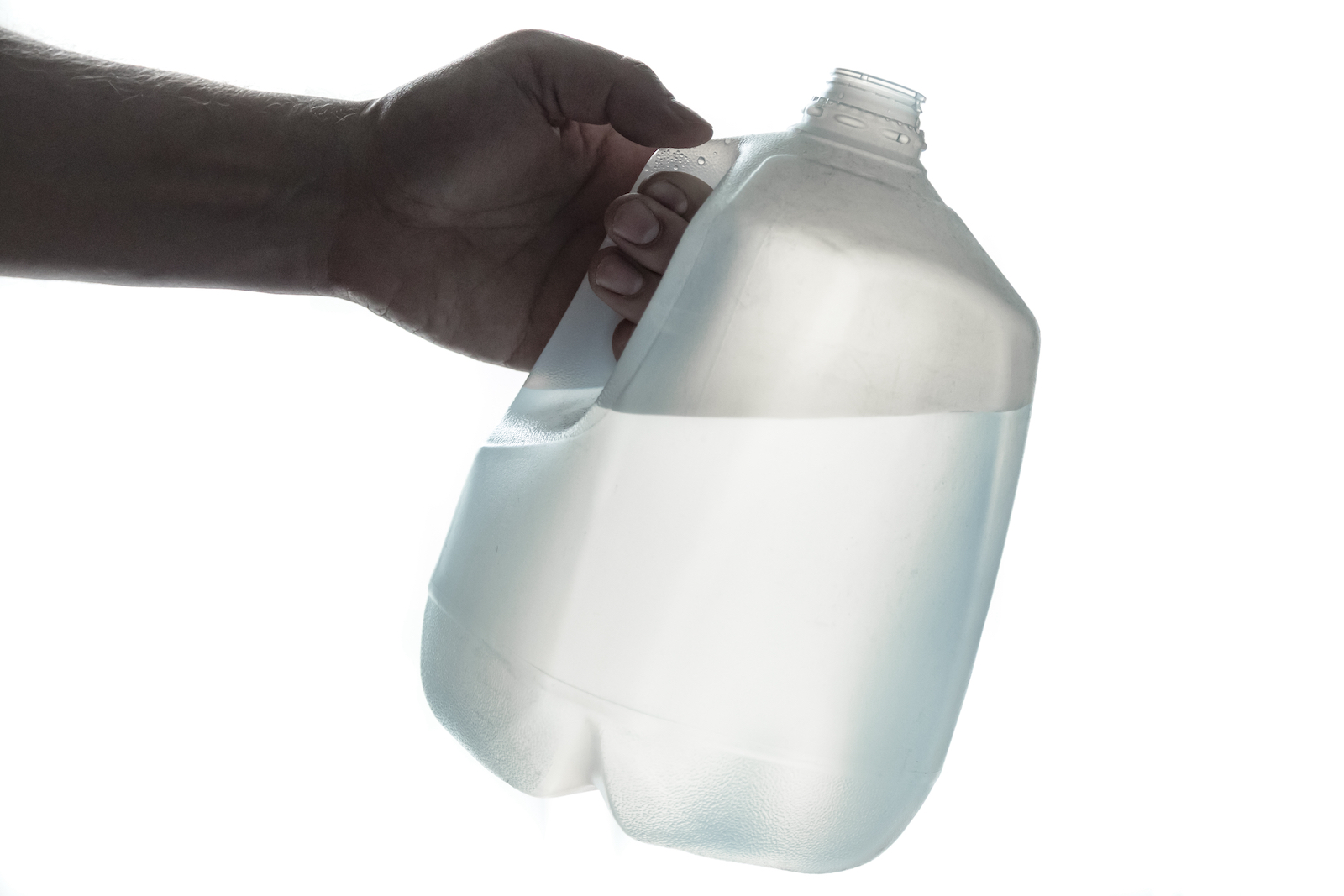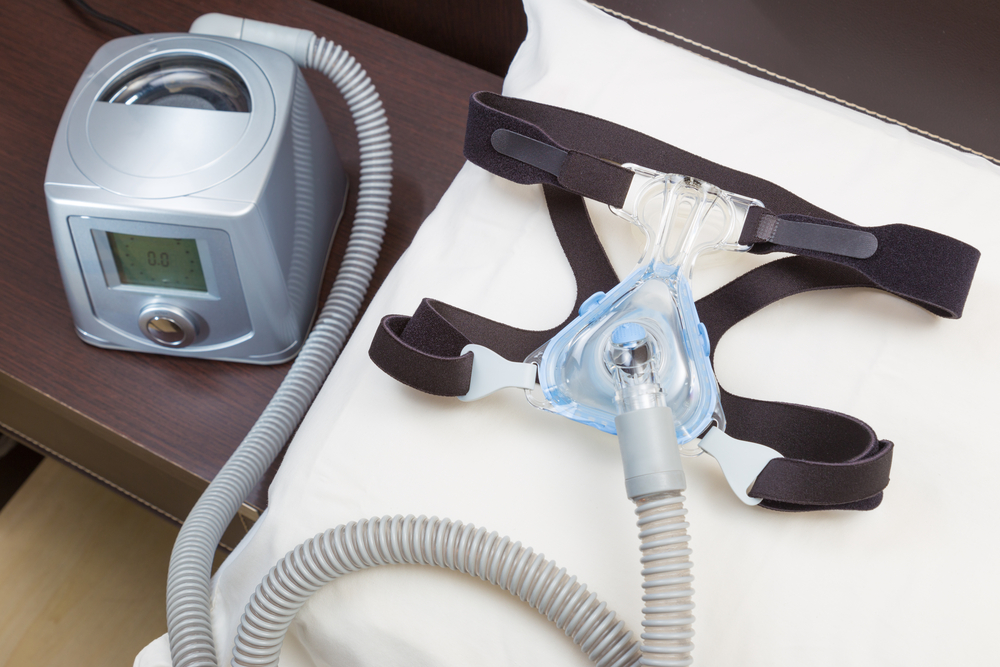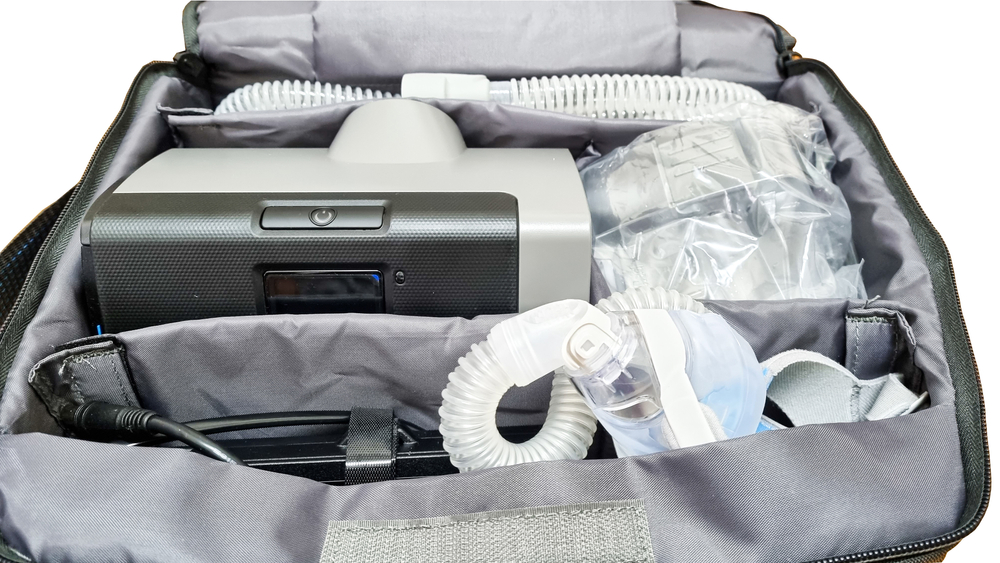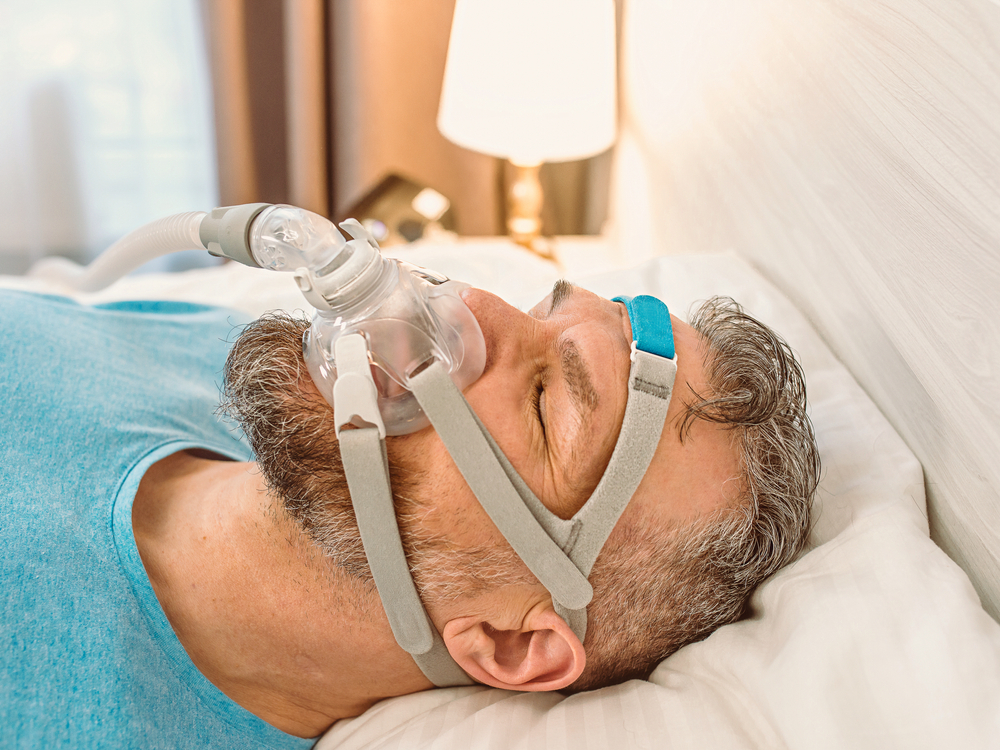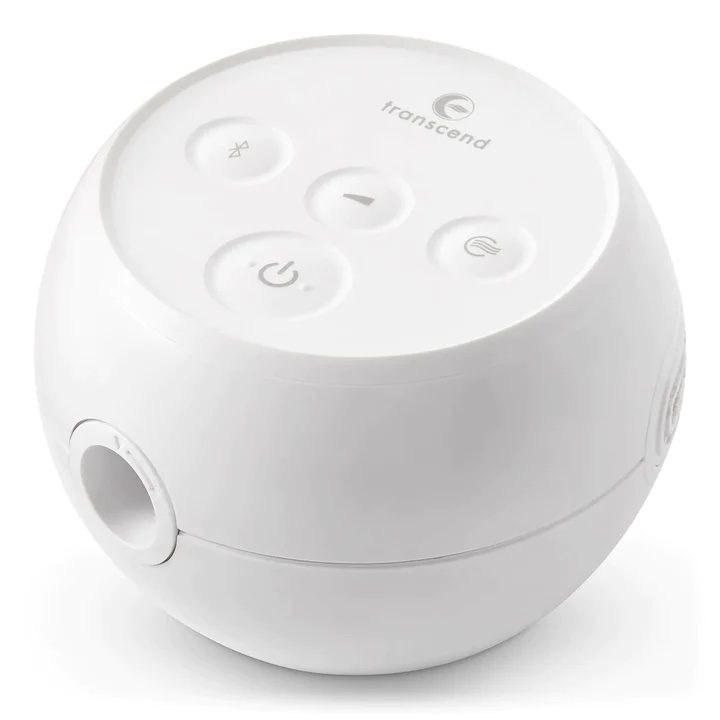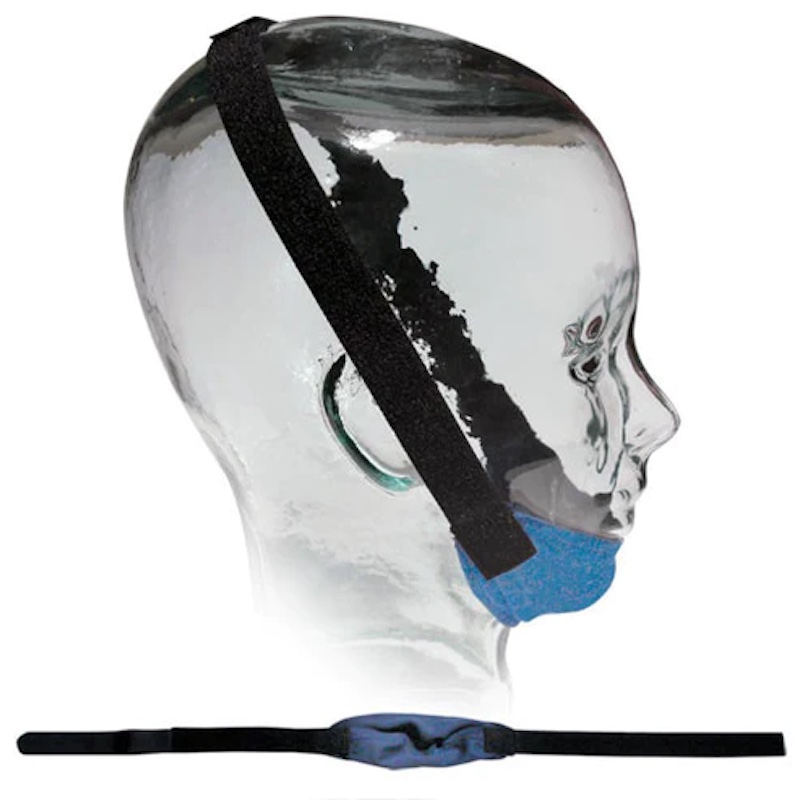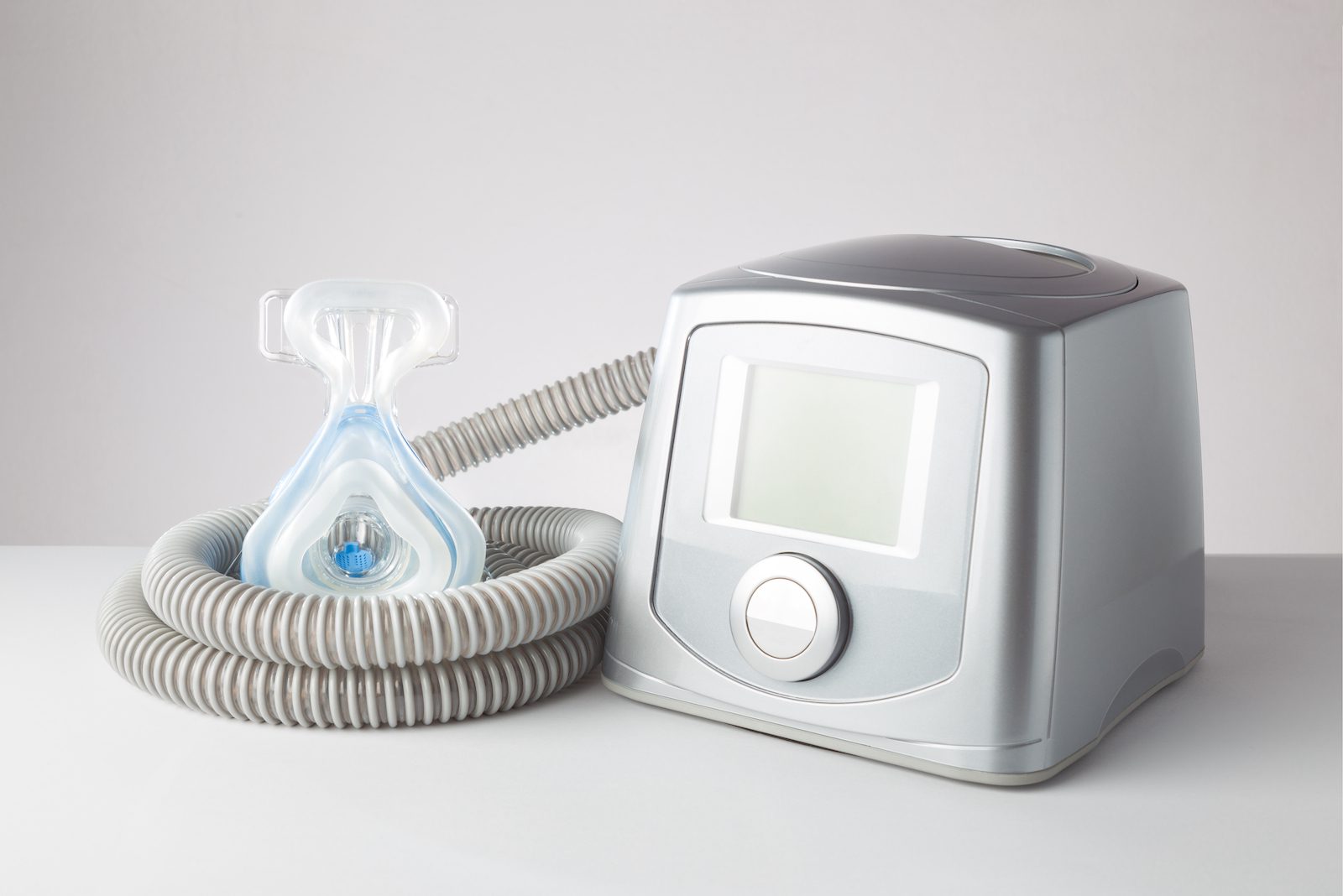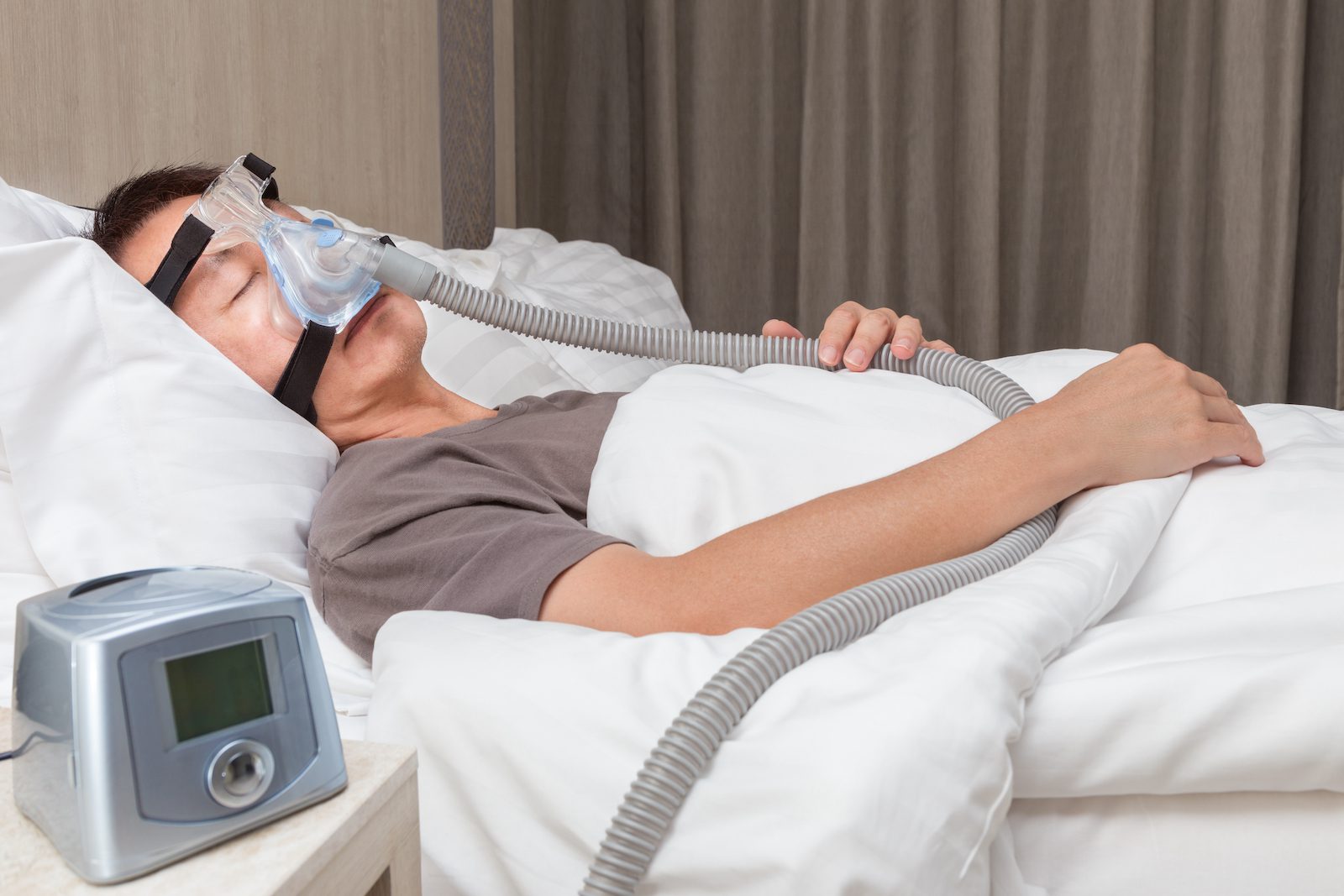In general, continuous positive airway pressure (CPAP) machines are expected to last around five years, but some models can keep working for well over a decade. Since multiple factors can influence how long a device lasts, there is no universal lifespan for CPAP machines.
The brand, model, materials, and cleaning and maintenance routines can all affect a CPAP machine’s lifespan. We’ll cover what you need to know about CPAP durability, including how to keep a CPAP machine working properly, when it’s time to replace your machine, and whether insurance covers a replacement CPAP device.
What Influences the Typical Lifespan of a CPAP Machine?
Routine use, maintenance, and a device’s design and materials can all influence the lifespan of a CPAP machine.
As with many medical devices, a CPAP machine’s lifespan can depend significantly on how much it is used. For example, CPAP machines that are used more frequently will show more signs of wear and tear.
Maintenance of the machine can also impact how well it works. If a CPAP machine is not kept clean, buildup can prevent the device from functioning properly. In addition to cleaning, regular CPAP device maintenance requires periodically replacing accessories like filters, tubing, and masks.
The durability of a CPAP machine also depends on the brand and model. The quality of the design and materials vary based on the specific device. One broken internal component can cause a CPAP machine to fail, and gradual breakdown of parts may cause a device to become excessively noisy.
In some situations, the lifespan of a CPAP device can be cut short due to a manufacturer recall if it is discovered that a component is faulty or creates health risks for the user.
Tips to Extend the Lifespan of a CPAP Machine
A key way to extend the lifespan of your CPAP device is to care for it properly. This includes using it as directed, following the manufacturer’s guidance about cleaning the machine, and adhering to the recommended replacement schedule for parts and accessories.
CPAP Maintenance and Care Tips
| Use the CPAP Device as Directed | Always follow the directions in the user manual and instructions from your health care team about how to use your CPAP device. For example, most manufacturers recommend only using distilled water in the humidifier to prevent mineral buildup. |
| Clean Regularly | Routine cleaning is necessary to keep a CPAP machine working optimally. Keeping the device clean can also prevent bacteria buildup. Some CPAP parts should be wiped down daily, while others only need to be cleaned weekly or monthly. Be sure to follow the manufacturer’s cleaning instructions for your specific machine. |
| Avoid Harsh Cleaners | Bleach and other harsh cleansers should generally be avoided due to their ability to damage the CPAP device and accessories. Additionally, the U.S. Food and Drug Administration (FDA) does not recommend using cleaners that use ozone gas or UV light as these devices may potentially be harmful to your health. While water and a mild soap keep most CPAP components clean, be sure to check your user manual for specific cleaning tips. |
| Replace Worn Parts | Follow a regular schedule for replacing CPAP supplies, including the air filter, hose, mask, and headgear. Check the user manual or with the manufacturer for the recommended replacement schedule. You should also replace any CPAP accessories that you notice are not in good condition, such as straps that are too loose or tubing that is cracked or stained. |
| Address Warranty Issues | When you receive a new CPAP machine, keep any receipts or booklets in case you need to make a warranty claim. If part of your device fails, it may be covered under a limited warranty, provided that you are using and maintaining the device as directed. |
How Often Will Health Insurance, Medicaid, or Medicare Replace a CPAP Machine?
Medicare typically covers a new CPAP device once every five years. Any malfunctions prior to that time should first be assessed by the manufacturer for possible replacement under the device's warranty.
For a replacement CPAP machine to be covered by Medicare, your doctor or sleep specialist must provide documentation of a sleep apnea diagnosis and ongoing need for CPAP therapy. You will also need to provide data showing that you have been using your old CPAP device on a regular basis.
Medicaid guidelines for CPAP replacement vary by state, and other health insurance plans differ in the specific coverage they provide. However, many insurance providers offer CPAP coverage that is similar to what is offered by Medicare and may cover a replacement after five years.
Can You Use an FSA or HSA Account to Replace Your CPAP Machine?
In most cases, you should be able to use a flexible spending account (FSA) or health savings account (HSA) to pay for a CPAP machine replacement, as necessary medical equipment is considered an eligible use of HSA or FSA funds. That said, it’s important to check with your plan about coverage limitations before spending on a new device with money from your FSA or HSA account.
The Benefits of Upgrading to a New CPAP Machine
CPAP machine manufacturers frequently develop new models with innovative technology and new designs. Upgrading to a new CPAP device offers an array of benefits.
- More streamlined design: Many newer CPAP devices are smaller or sleeker than their predecessors, so they may be easier to travel with and take up less space on your nightstand.
- Improved features: Upgraded CPAP machines may include more user-friendly features. Touch screens provide quick, convenient access to your device settings and stored sleep data. Modern devices also often have advanced options for delivery of pressurized air that can make using the device more comfortable.
- Quieter during use: One common complaint about CPAP machines is noise, but modern units are equipped with quiet motors designed to be no louder than a whisper or white noise.
- Remote data sharing: Newer CPAP machines can record your sleep data to make sure that your sleep apnea is being treated effectively. The electronic data can then be transmitted wirelessly to your doctor, which can enable quicker adjustments to CPAP settings that may not require an appointment.
- Availability of replacement parts: With a newer device, it is generally easier to find replacement parts and accessories. If you have an older CPAP machine, it may be more challenging to find a compatible part if a component stops working. You may also have a wider selection of CPAP accessories available to you if you are using a newer machine.
CPAP Machine Lifespan
It is most important to replace your CPAP machine if you notice that it isn’t functioning properly or that it is no longer resolving your sleep apnea symptoms. For example, it may be time to replace your CPAP device if it starts generating significantly more noise or if certain buttons are less responsive.
You should also talk to your doctor about a replacement device or other changes to your CPAP therapy if you have symptoms of sleep apnea like loud snoring, choking or gasping during sleep, or excessive daytime drowsiness.
Many CPAP devices can remain effective for many years. However, with more use, there is a greater chance that some part of the device will stop working properly.
Most CPAP machines should function for at least five years. However, problems can arise sooner than that, which may require replacing parts or replacing the entire device. If you have concerns about the effectiveness of your CPAP machine, talk to your doctor or sleep specialist for help with troubleshooting.
You can often donate a used CPAP machine to a reputable charity or reseller, although only certain devices are accepted. Some organizations accept donations of unused accessories or fully-functional, pre-owned CPAP machines.
If your machine is broken, it may not be eligible for donation. In that case, you can contact your local government or waste management organizations about disposal or recycling of electronic devices.
If your old CPAP machine still works, you can keep it as a backup in case you have any problems with your new device. Keep in mind that you may need to occasionally clean the machine and check how well it is working since neglecting it entirely could cause it to stop functioning properly.
Still have questions?
Sleep apnea products can be confusing. If you need individualized assistance, send us an email at [email protected] with your questions and we'll help find the best fit for you.


